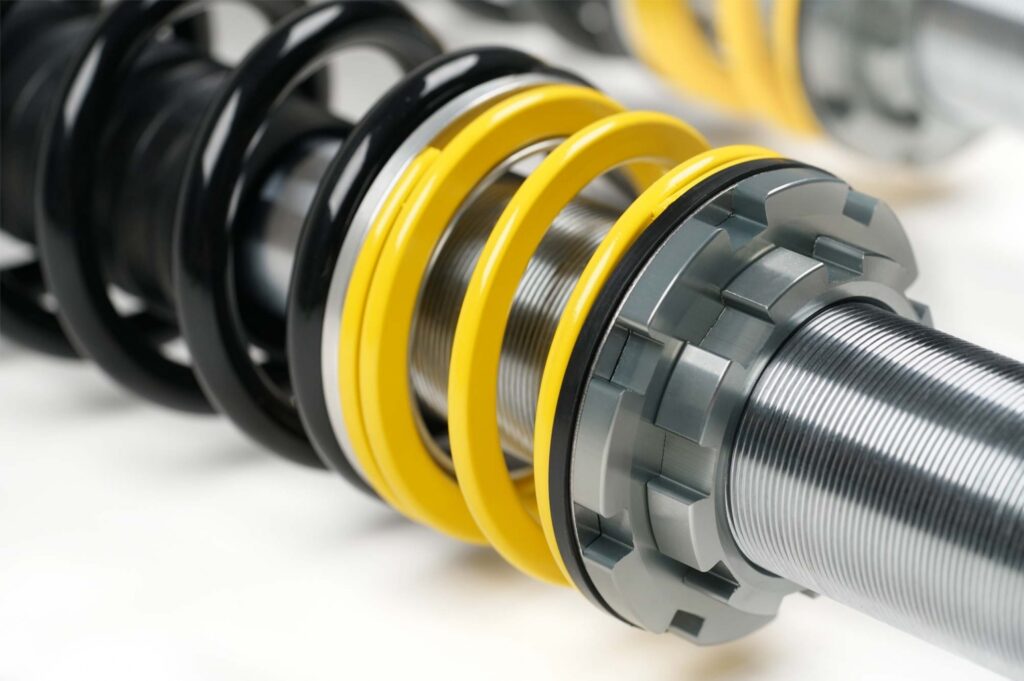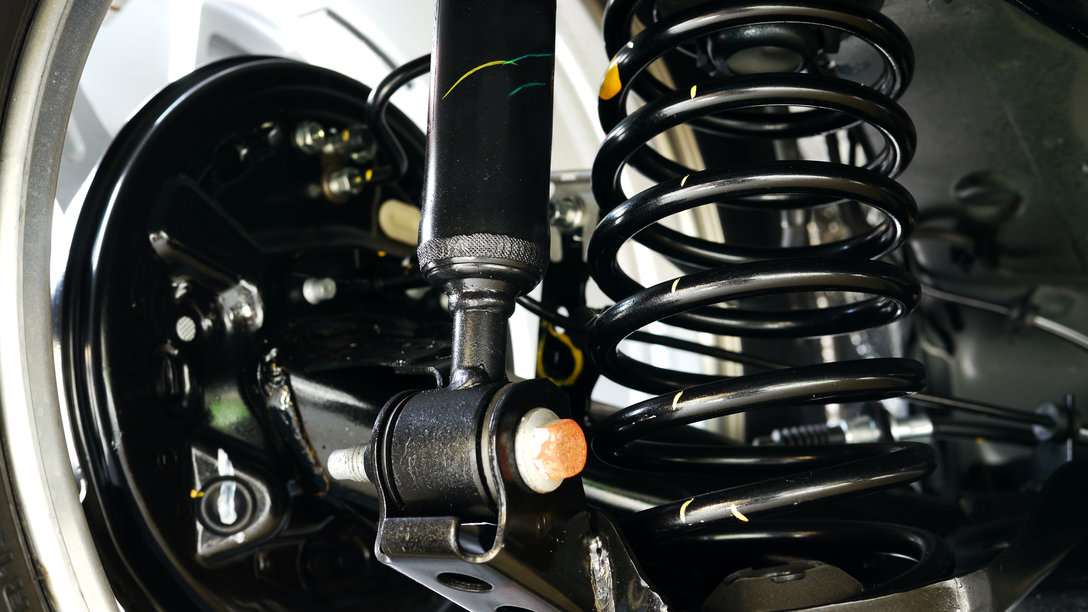When it comes to maintaining your car, ensuring the proper functioning of the shocks is crucial. Car shocks, also known as shock absorbers, play a vital role in providing a smooth driving experience and ensuring the safety of your vehicle. However, with a wide range of options available in the market, determining the right car shocks price can be a daunting task. In this article, we will discuss the various factors that influence the price of car shocks and help you make an informed purchase decision.
Car Shock Absorber Replacement Price
The average cost of a car shock absorber replacement can vary depending on factors such as the type of vehicle, location, and whether OEM or aftermarket parts are used.
A typical shock absorber replacement can cost between $200 to $500, including labor charges and part costs.
Type of Car Shocks
The type of car shocks you choose will significantly impact the price. There are several types of shocks available, including gas-filled, hydraulic, and mechanical shocks. Gas-filled shocks tend to be more expensive but offer superior performance and durability. Hydraulic shocks, on the other hand, are generally more affordable but may not provide the same level of performance as gas-filled shocks. Understanding the differences between these types and choosing the one that best suits your needs and budget is essential.
Quality and Brand
The quality and brand of car shocks also play a significant role in determining the price. Well-known brands often offer higher-quality shocks that are built to last and provide superior performance. While these may come with a higher price tag, they often offer better value for money in the long run. On the other hand, cheaper options from unknown brands may not be as reliable or durable. It’s crucial to research different brands and read reviews to find the best car shocks for your vehicle.

Vehicle Make and Model
The make and model of your car can also affect the price of shocks. Different vehicles have different suspension systems and require specific types of shocks. Therefore, it’s important to ensure that you purchase shocks that are compatible with your car’s make and model. This may involve checking the manufacturer’s recommendations or consulting a professional to ensure you get the right fit.
Additional Features
Some car shocks come with additional features that may increase the price. These features can include adjustable damping, which allows you to customize the ride’s stiffness based on your preferences, or special coatings that enhance durability and resistance to corrosion. While these features may add to the initial cost, they can also enhance the overall performance and lifespan of the shocks.
Market Conditions
Finally, the price of car shocks can also be influenced by market conditions. Supply and demand, as well as seasonal fluctuations, can affect prices. For instance, if there’s a high demand for a particular type of shock or if the supply is limited, prices may be higher. Keeping an eye on market trends and shopping around during sales or promotional periods can help you get the best deal.
Determining the right car shocks price involves considering various factors, including the type of shocks, quality and brand, vehicle make and model, additional features, and market conditions. By understanding these factors and doing your research, you can make an informed purchase decision that suits your needs and budget. Remember, investing in quality car shocks is essential for ensuring a smooth and safe driving experience.



